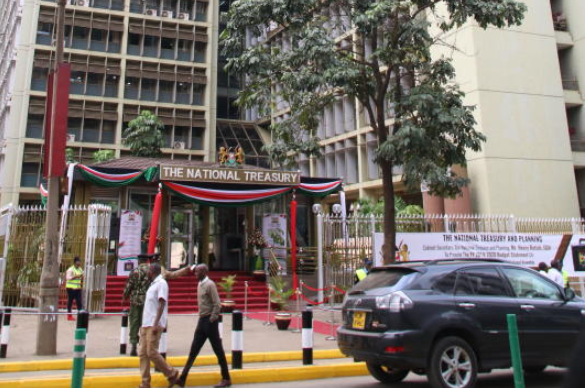×
The Standard e-Paper
Join Thousands Daily

Parliament has for the second time rejected Treasury’s bid to scrap the ceiling on interest rates, ensuring the continued flow of cheap loans to Kenyans.
Through the Departmental Committee on Finance and National Planning, the lawmakers amended the Finance Bill, 2019 by re-introducing the provision on capping interest on loans which suspended Treasury Cabinet Secretary Henry Rotich had expunged.